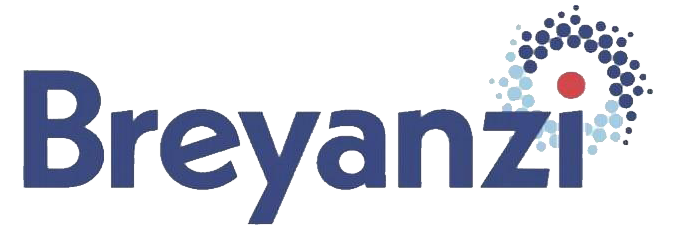
The U.S. Food and Drug Administration (FDA) approved Breyanzi® for earlier use in treating various types of non-Hodgkin lymphoma, including large B-cell lymphoma. Breyanzi is the brand name for the CAR T-cell therapy lisocabtagene maraleucel.
The FDA approved Breyanzi as a second-line therapy for these cases of non-Hodgkin lymphoma. This means patients must try one other therapy (usually chemotherapy) before turning to CAR T cells.
Prior to this approval, patients had to receive chemotherapy and a stem-cell transplant before starting Breyanzi. Now, many patients can choose this cancer cell and gene therapy rather than a stem-cell transplant if chemotherapy does not work.
Breyanzi is the second CAR T-cell therapy to receive this level of approval for non-Hodgkin lymphoma. The first was Yescarta® (axicabtagene ciloleucel), which the FDA approved as a second-line option for this type of blood cancer, in April.
The FDA’s Breyanzi approval is specifically for people whose cancer is resistant to chemotherapy or who relapse (cancer returns) within 12 months after chemotherapy. The FDA also approved Breyanzi for patients who are not eligible for a stem-cell transplant, regardless of when their cancer relapsed.
Non-Hodgkin lymphoma is a type of blood cancer that forms in the lymphatic system, which is part of the body’s germ-fighting network. This cancer is diagnosed in approximately 80,000 people in the U.S. each year, and tens of thousands of people have a type of non-Hodgkin lymphoma covered by the FDA’s approval.
What is Breyanzi?
CAR T cells are engineered versions of the immune system T cells. They’re removed from patients and given a new protein receptor – called a “chimeric antigen receptor”, or CAR. This protein receptor, which is developed in a laboratory, targets a specific protein expressed on cancer cells.
Breyanzi’s target protein is CD19, a surface protein found on most types of non-Hodgkin lymphoma cells. Breyanzi was first approved by the FDA in February 2021 for certain types of non-Hodgkin lymphoma. The cancer cell and gene therapy was originally approved for use after at least two other types of therapy.
The first CAR T-cell therapy approved for any type of cancer was Kymriah® (tisagenlecleucel). The FDA approved Kymriah in August 2017 for people up to 25 years old with acute lymphoblastic leukemia. Kymriah later was approved for large B-cell lymphoma after patients tried two other types of therapy first. These two treatments are usually chemotherapy (first) and a stem-cell transplant (second).
This type of approval – requiring at least two other types of treatment first – became a standard for all CAR T-cell therapies for blood cancers. Yescarta and Breyanzi have broken through as only needing one other type of treatment before they’re available to lymphoma patients.



